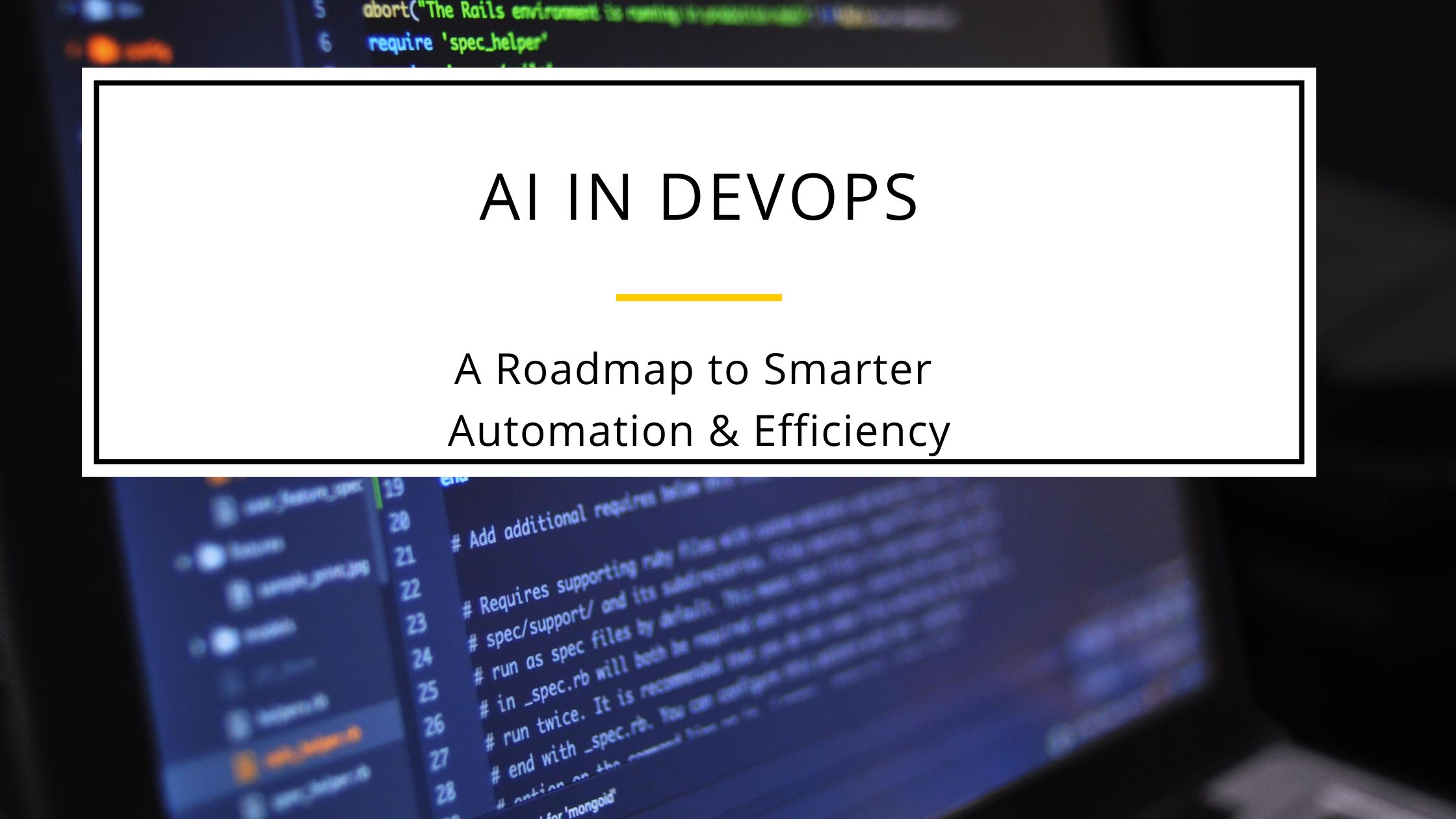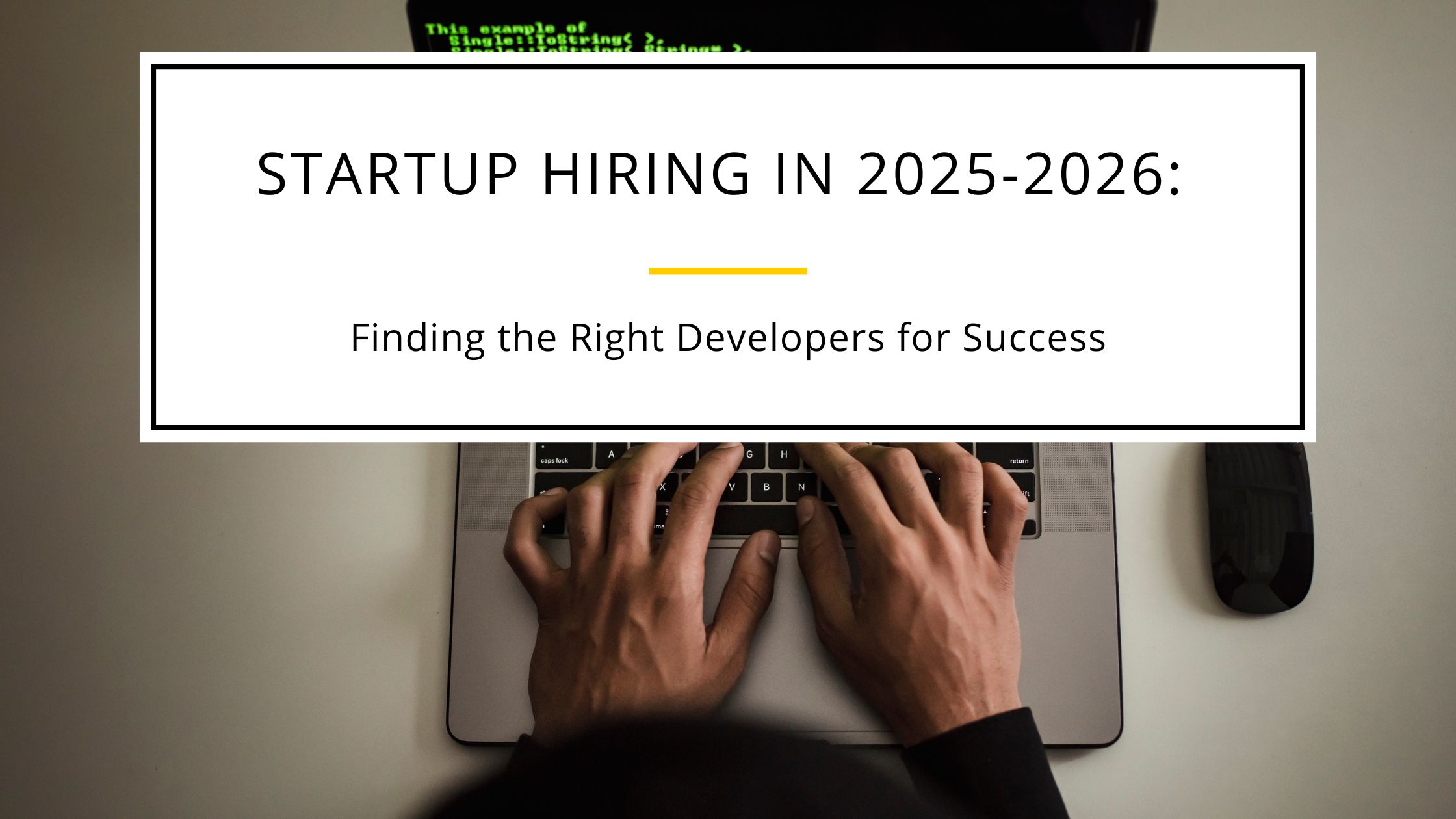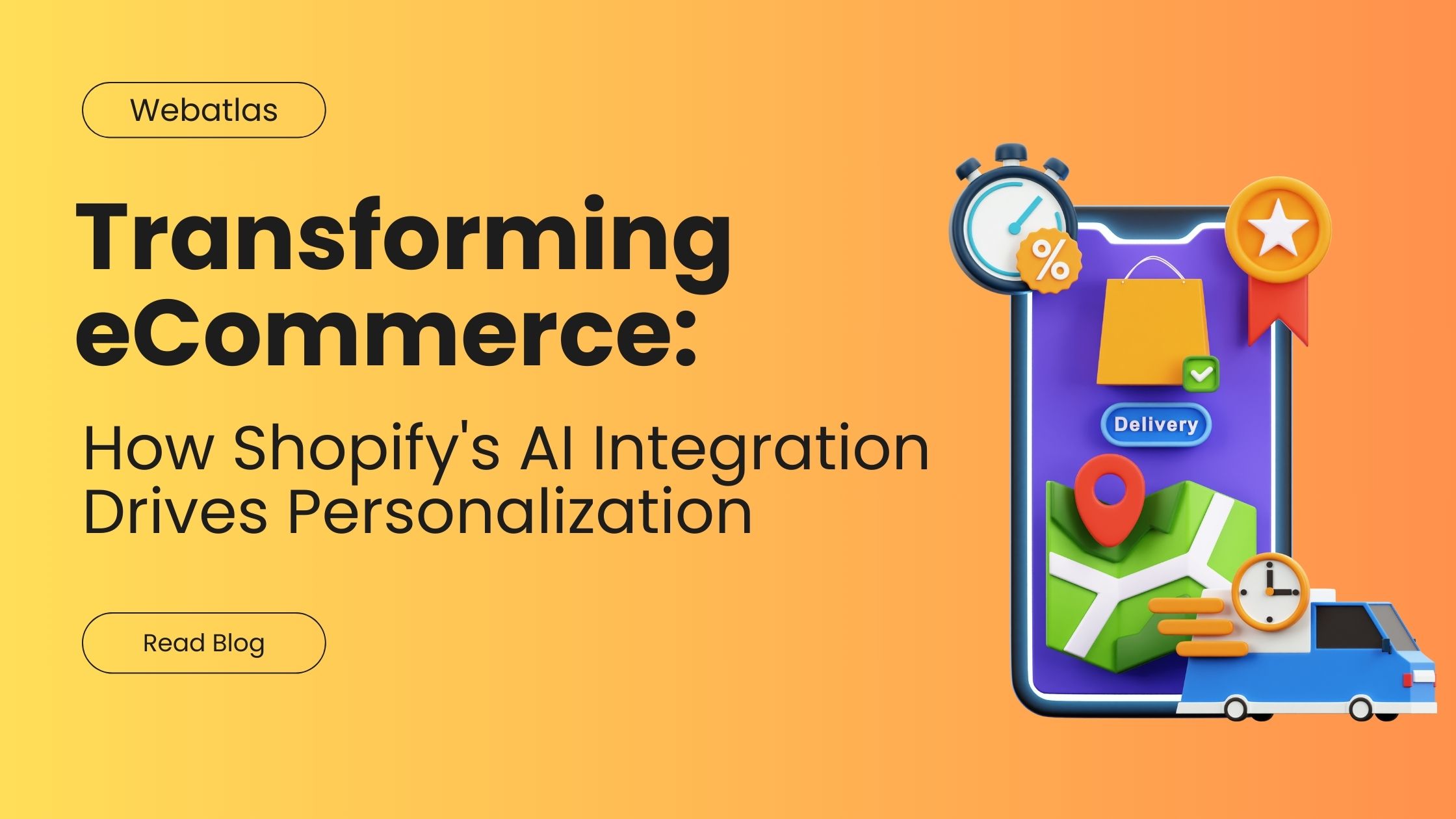AI for Game Testing: Streamlining QA with Intelligent Algorithms

In the dynamic world of game development, delivering a flawless gaming experience is crucial for retaining players and ensuring the success of a game. Quality assurance (QA) testing is an integral part of this process, ensuring that games run smoothly, bugs are minimized, and gameplay is optimized. However, traditional QA methods can be time-consuming and costly. Enter Artificial Intelligence (AI), a technology that is revolutionizing the QA landscape by making testing more efficient, comprehensive, and effective. This blog delves into how AI is transforming game testing, streamlining QA processes, and enhancing the overall quality of games through advanced software testing services.
The Evolution of Game Testing
Traditionally, game testing has involved extensive manual testing where QA testers play through the game to identify bugs, glitches, and performance issues. This process, while thorough, is labor-intensive and prone to human error. Automated testing tools have been introduced to mitigate some of these issues, but they often lack the adaptability and depth needed for complex gaming environments.
The Role of AI in Game Testing
AI brings a new dimension to game testing by offering intelligent algorithms that can learn, adapt, and evolve. Here’s how AI is making a significant impact on QA processes:
1. Automated Playtesting
AI-driven bots can simulate player behavior by playing through the game at various levels of difficulty and scenarios. These bots can perform repetitive tasks consistently without fatigue, ensuring a thorough and consistent testing process. They can identify issues like gameplay imbalances, unresponsive controls, and unexpected crashes more efficiently than human testers.
2. Bug Detection and Reporting
AI algorithms can analyze vast amounts of data generated during gameplay to detect anomalies and potential bugs. Machine learning models can identify patterns and correlations that may indicate underlying issues. This capability not only accelerates the bug detection process but also helps in identifying hard-to-find bugs that might be missed by human testers.
3. Performance Testing
AI can simulate various hardware configurations and network conditions to test game performance under different scenarios. This includes stress testing to see how the game performs under heavy load and identifying bottlenecks that could lead to performance degradation. AI can provide detailed insights into frame rates, load times, and memory usage, helping developers optimize the game for a wide range of devices.
4. Regression Testing
With each new update or patch, it’s essential to ensure that previously fixed issues do not reappear. AI can automate regression testing by running a suite of tests on new builds and comparing the results with previous versions. This ensures that new changes do not introduce old bugs, maintaining the game’s integrity over time.
5. User Experience Testing
AI can analyze user interactions to assess the overall user experience. By monitoring player movements, decision-making patterns, and engagement levels, AI can identify areas where players may encounter frustration or disengagement. This information is invaluable for making adjustments that enhance the player experience.
Benefits of AI in Game Testing
The integration of AI into game testing offers numerous benefits that significantly enhance the QA process:
- Efficiency: AI can perform repetitive and complex tasks at a much faster rate than human testers, significantly reducing the time required for testing.
- Accuracy: AI algorithms are less prone to human error, ensuring more accurate and reliable test results.
- Cost-Effectiveness: By automating many aspects of the testing process, AI reduces the need for extensive human labor, leading to cost savings.
- Scalability: AI-driven testing can easily scale to handle large and complex games, accommodating frequent updates and expansions.
- Continuous Testing: AI enables continuous testing throughout the development lifecycle, providing real-time feedback and allowing for immediate corrections.
Case Studies: AI in Action
Example 1: Ubisoft’s Ghost Recon Breakpoint
Ubisoft utilized AI-driven bots for playtesting Ghost Recon Breakpoint. These bots played through the game to identify bugs and performance issues. The AI was able to simulate thousands of playthroughs, uncovering issues that would have been difficult to identify manually.
Example 2: EA’s FIFA Series
EA Sports used AI to test their FIFA series, particularly focusing on player behavior and gameplay balance. AI algorithms analyzed gameplay data to ensure that the game provided a fair and challenging experience, adjusting difficulty levels dynamically based on player performance.
The Expertise of Webatlas in Game Testing and Development
Webatlas, a leading product development company, has been at the forefront of integrating AI into game testing and development. With extensive experience in software testing services, Webatlas has developed proprietary AI-driven tools that enhance the QA process, ensuring that games meet the highest standards of quality and performance.
Game Testing Expertise
Webatlas specializes in automated and manual testing, offering comprehensive QA services that cover functionality, performance, usability, and security. Their AI-powered testing tools are capable of simulating real-world player behavior, performing stress tests, and conducting regression testing with unmatched efficiency and accuracy.
Game Development Expertise
In addition to testing, Webatlas excels in game development, leveraging cutting-edge technologies to create immersive and engaging gaming experiences. Their development teams are skilled in various programming languages, game engines, and design tools, ensuring that every aspect of the game is crafted to perfection.
Product Development Expertise
Beyond gaming, Webatlas offers robust product development services, helping clients bring innovative ideas to life. Their expertise spans the entire development lifecycle, from concept to launch, ensuring that products are not only functional but also market-ready.
Conclusion
AI is revolutionizing game testing by making the QA process more efficient, accurate, and comprehensive. From automated playtesting and bug detection to performance testing and user experience analysis, AI-driven algorithms are transforming how games are tested and refined. As the gaming industry continues to evolve, the integration of AI in game testing will become increasingly essential, ensuring that games meet the high expectations of players worldwide.
Webatlas, with its expertise in game testing, game development, and product development, is leading the charge in this AI-driven transformation. By leveraging advanced AI technologies, Webatlas is setting new standards for quality and innovation in the gaming industry, helping developers deliver exceptional gaming experiences to players around the globe.
Recent Post
Let's talk about your project, or just come and say hello!
Webatlas Technologies is the fastest growing web and mobile app development company



